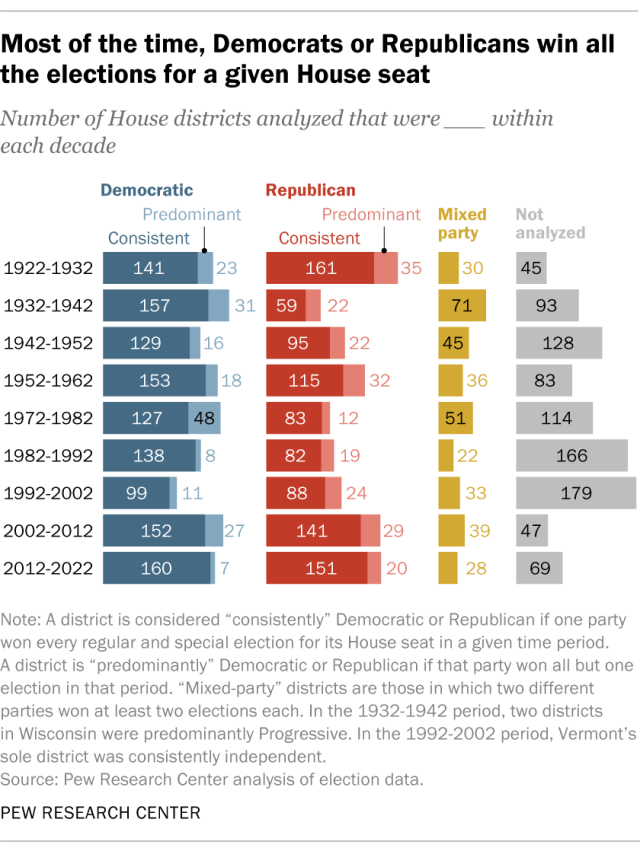Charles Cook writes:My colleague David Wasserman, the House editor of The Cook Political Report, points out that in the past two weeks a dozen House incumbents, six Democrats and six Republicans, have been held under 70 percent of the vote in their primaries. Many of their challengers raised and spent very little money.
...
These hurricane-strength forces contain an anti-incumbent element, but Democrats should not take much solace from that. By every polling dimension, it is becoming clear that a vote cast in a Republican primary against a GOP incumbent is not a general election vote for a Democrat. Rather, it is a chance to hurt an incumbent in Washington without voting for a Democrat. I remain convinced that Rep. Joseph Cao, who represents a heavily African-American and Democratic district in New Orleans, is the only Republican member of the House or Senate who is in serious danger of losing in the general election.
Right now, many ambitious politicians are smacking their foreheads, realizing that they might have forgone their best chance to beat an incumbent House member in a primary. In the primary season, some incumbents have survived their opposition was not only weak but divided.
Gail Collins has some shrewd observations:
The fabled Tea Party Movement, which is spreading terror in the hearts of trembling incumbents throughout the land, does not seem to be nearly as effective as advertised. It keeps being undone by its own candidates’ tendency to cluster like moths, beating against a targeted insider in groups of four, five or six.
Dan Burton, the longtime Indiana representative, just won renomination with 30 percent of the vote in a seven-way primary. You may remember Burton from the Clinton administration when he used his chairmanship of the House oversight committee to attempt to prove his theory that the late deputy White House counsel, Vince Foster, had been murdered. Or from the sex scandal or the missing-votes-to-go-golfing controversy. One less Tea Partier in that primary and Burton would have been forced to return home, where he once staged a backyard demonstration of his conspiracy theory, personally shooting a watermelon that was playing the role of Foster.
Unless Tea Party candidates mount serious third-party campaigns in the fall, however, such conditions will not apply to the general election.
